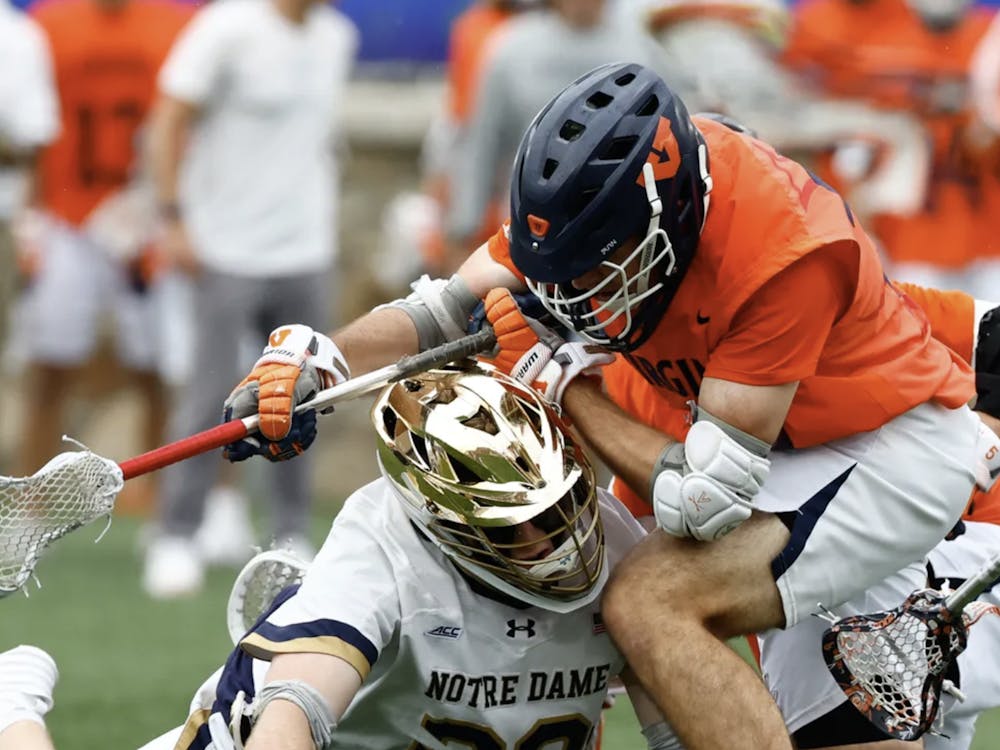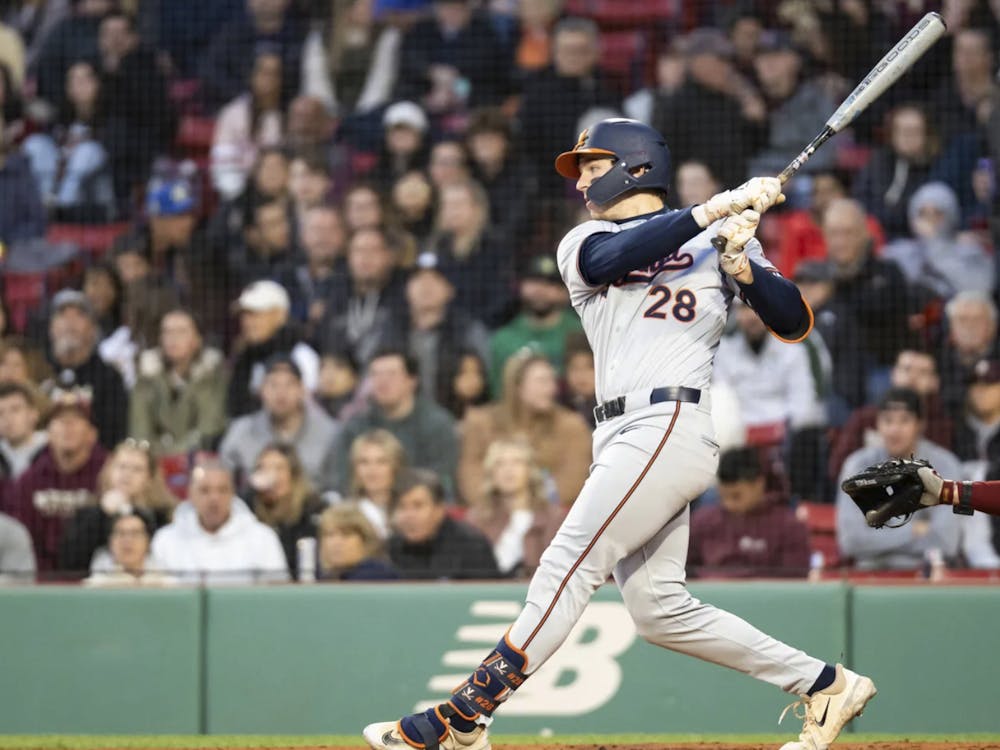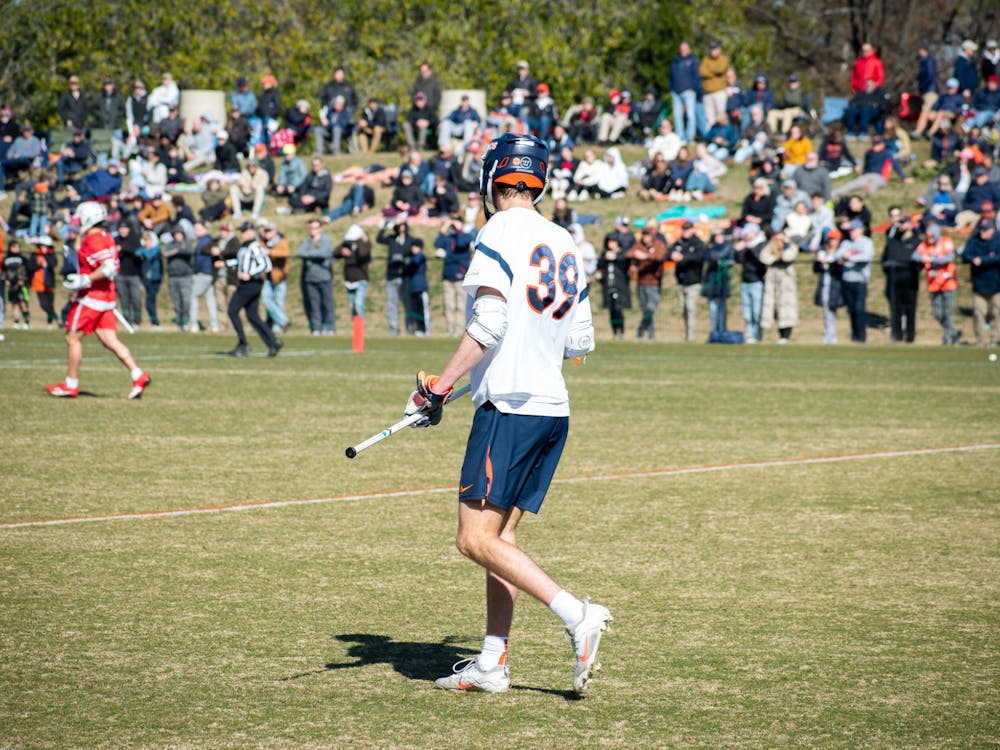Over the past decade, the NCAA has brought sanctions against many historic programs — the University of Southern California, University of Miami and Penn State — under the pretense of a “lack of institutional control.”
The results of these sanctions have been devastating to many of these athletic programs and the athletes who have trusted their futures to these programs and the NCAA. The once storied Miami and Penn State programs were brought to their knees as a result of the investigations that the NCAA launched.
On Jan. 16, the NCAA announced it reached a settlement with Penn State that would reinstate the 112 wins that were annulled between 1997–2011 as a result of the Jerry Sandusky scandal. Additionally, the $60 million fine paid by the school as part of the lawsuit stemming from the scandal will be redirected toward addressing child abuse in Pennsylvania. Finally, Penn State can award the same number of scholarships as other Division I programs.
Penn State fans across the country cheered the result of the deal, but there were mixed reviews from those outside of the fan base among those who felt that the program had been pardoned prematurely. While there are cogent arguments on the both sides of the deal, the real issue here is the actions of the NCAA.
During the settlement proceedings, news emerged that the NCAA once again botched an investigation into institutional wrongdoing. An integral part of the investigation and sanctions was the Freeh Report, which was an independent report conducted by former FBI director Louis Freeh. The report outlined the findings of the investigation and the wrongdoings committed by the Penn State athletics program.
The punishment imposed was allegedly determined by the findings in the Freeh Report. However, it turns out that Ed Ray, the chairman of the executive committee that levied the sanctions against Penn State, failed to read the report or even the glance over it. In other words, the leader of the committee that levied the sanctions failed to properly oversee the decision to bring crippling sanctions against Penn State.
This failure is very much akin to the lack of institutional control charge that NCAA has levied in the past. So that bears the question: who punishes the NCAA?
Unfortunately, this is not the first time that the NCAA has failed to properly conduct its investigations and enforcement of policies. During its three-year investigation of Miami’s booster scandal involving Nevin Shapiro, the NCAA’s own enforcement officials paid Shapiro’s attorney to gather confidential information.
The NCAA handled this gross error by terminating a few of its enforcement officials and levying a nine-scholarship reduction against Miami over a three-year period. Miami was deemed the victor in this affair as the accusations levied against the program regarding improper benefits warranted much stiffer penalties.
The lack of accountability in the NCAA’s institutional structure allows the leaders of the organization to commit the very negligence they accuse others of — oftentimes without any substantial recourse. It truly is time for the implementation of an independent oversight committee to hold the NCAA’s executives and enforcement officials accountable.
The lack of proper oversight runs from top to bottom of the institutional structure. An executive committee chooses Mark Emmert, the president of the NCAA, which is different than the process that other sport league’s leaders are elected. Both Roger Goodell of the NFL and Adam Silver of NBA are elected by the owners of the institutions they oversee. The process for Emmert may implicitly elect the president by the schools he oversees, but the events in the last few years clearly demonstrate that there is a need for direct oversight, either by the schools or an independent party.





